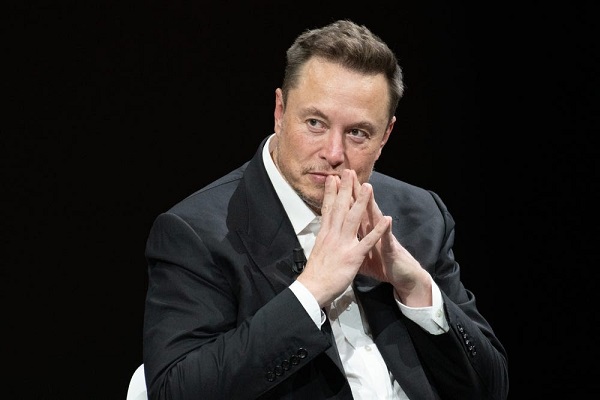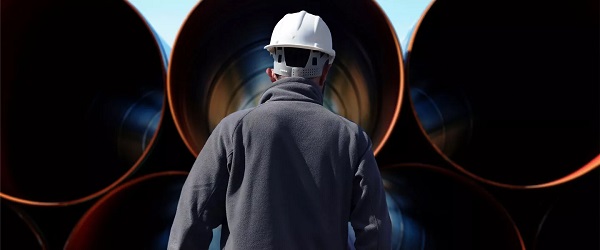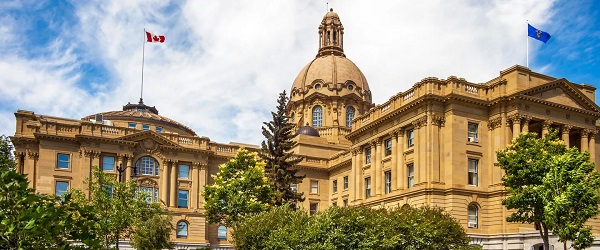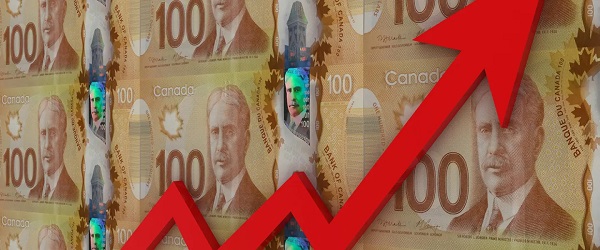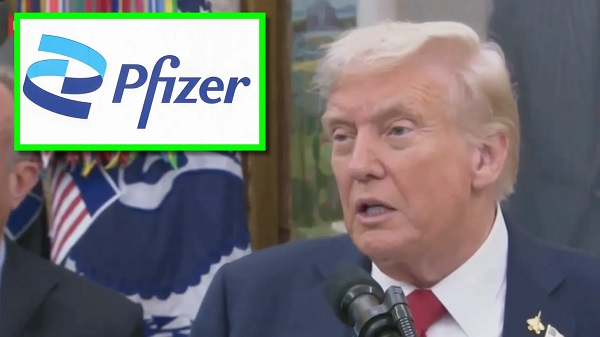From The Center Square
By Casey Harper
President Donald Trump threatened to ratchet up tariffs against China after China upped its own tariffs against the U.S. in response to the president’s tariffs policy announcement earlier this month.
The Chinese Communist Party raised its tariffs on U.S. goods to 34%, ignoring Trump’s warning not to retaliate, which does not include Chinese tariffs on specific U.S. goods like natural gas.
That 34% figure matches the additional tariffs the president put on China in his announcement of the new tariff policy on April 2, an announcement that brought overall tariffs against China to 54%.
Trump argues that tariffs are not the only way China takes advantage of the U.S.
“Yesterday, China issued Retaliatory Tariffs of 34%, on top of their already record setting Tariffs, Non-Monetary Tariffs, Illegal Subsidization of companies, and massive long term Currency Manipulation, despite my warning that any country that Retaliates against the U.S. by issuing additional Tariffs, above and beyond their already existing long term Tariff abuse of our Nation, will be immediately met with new and substantially higher Tariffs, over and above those initially set,” Trump said in a statement online.
“Therefore, if China does not withdraw its 34% increase above their already long term trading abuses by tomorrow, April 8th, 2025, the United States will impose ADDITIONAL Tariffs on China of 50%, effective April 9th,” he continued.
“Additionally, all talks with China concerning their requested meetings with us will be terminated!” the president said. “Negotiations with other countries, which have also requested meetings, will begin taking place immediately.”
Trump also urged Americans to be patient with his tariff policy as stocks continued to decline.
The president unveiled a sweeping set of reciprocal tariffs during a press conference earlier this month, and since that announcement the markets have seen sharp declines.
“The United States has a chance to do something that should have been done DECADES AGO,” Trump said on TruthSocial, his social media platform. “Don’t be Weak! Don’t be Stupid! Don’t be a PANICAN (A new party based on Weak and Stupid people!). Be Strong, Courageous, and Patient, and GREATNESS will be the result!”
Democratic and some Republican critics have blasted the president’s tariffs, a policy previously foreign to the Republican Party in modern politics.
Trump has admitted there will be some pain but argued that the tariffs will reinvigorate domestic manufacturing in the U.S. and raise revenue for the federal government. He also says the tariffs will help the U.S. negotiate better trade deals with other countries, many of which currently charge steep tariffs against the U.S.
Critics argue the tariffs will increase prices for Americans and hurt the economy and U.S. trading relationships.
Trump and his allies have argued the U.S. has been manipulated and taken advantage of in the previous tariff system, all while manufacturing jobs were shipped overseas. Now, they argue, much of our manufacturing is done by one of our greatest adversaries: China.
“Countries from all over the World are talking to us,” Trump said. “Tough but fair parameters are being set. Spoke to the Japanese Prime Minister this morning. He is sending a top team to negotiate! They have treated the U.S. very poorly on Trade. They don’t take our cars, but we take MILLIONS of theirs. Likewise Agriculture, and many other ‘things.’ It all has to change, but especially with CHINA!!!”
Sen. Rand Paul, R-Ky., has helped lead the charge of Republicans who oppose the president’s new trade policy.
“Politicians should pay attention to the millions of investors who are worried that widespread tariffs will lead to a recession,” Paul wrote on X Friday.
Trump’s comments suggest that he is doubling down, not backing off, of his new tariff policy, likely part of the reason markets continued to slide Monday. Trump pointed to other signs of economic health, and his Treasury Secretary Scott Bessent has pointed out that the stock market is only one marker of the economy and one in which half of Americans have no stake.
“Oil prices are down, interest rates are down (the slow moving Fed should cut rates!), food prices are down, there is NO INFLATION, and the long time abused USA is bringing in Billions of Dollars a week from the abusing countries on Tariffs that are already in place,” Trump said. “This is despite the fact that the biggest abuser of them all, China, whose markets are crashing, just raised its Tariffs by 34%, on top of its long term ridiculously high Tariffs (Plus!), not acknowledging my warning for abusing countries not to retaliate. They’ve made enough, for decades, taking advantage of the Good OL’ USA!”

